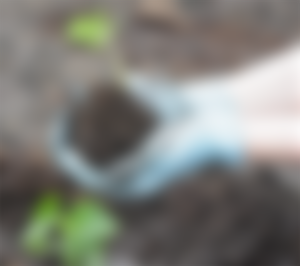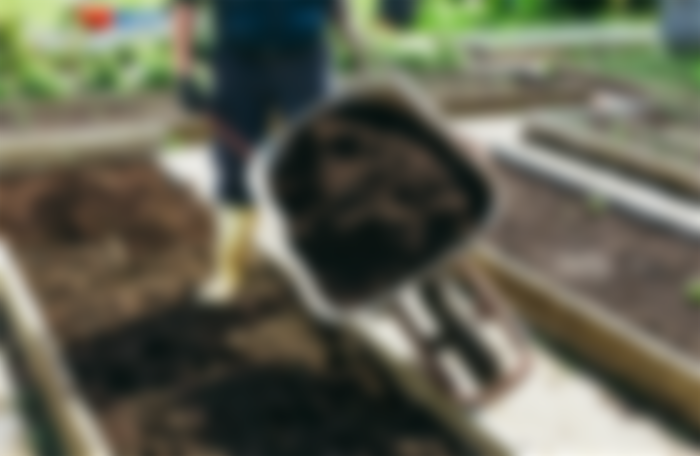Surely you have already seen someone who, after drinking coffee, poured the thicket right into the flowers. And if you asked a person why this is good, they may have answered that mom and grandma have already done it. But is coffee really good for plants and the garden?
Coffee in moderation is good for people. It is a rich source of antioxidants that bind free radicals and inhibit aging in humans. But how does it affect plants?

What plants need are nutrients. And there are quite a few of these in coffee grounds. Coffee grounds are a rich source of carbon and nitrogen. The latter in particular is an important element for healthy plant development. Plants that get a sufficient amount of nitrogen develop a strong stem and large dark green leaves. At the same time, nitrogen ensures better development of the root system and its branching. Too much nitrogen, however, can cause plants to ‘overstretch’ and grow too fast, so the coffee grounds you add to the plants should not be overdone. In addition, be careful how you add coffee to the soil.
For a more acidic soil Think about how much thick matter there is in the coffee you drink. Not much because it settles to the bottom. Interestingly, when drinking coffee, we use only a percentage of the total mass, everything else is discarded as waste. This means that a lot of coffee grounds accumulate in coffee machines as well as in coffee pots and filters.
Coffee grounds have an acidic, ie low pH. Therefore, they can be added in small amounts to plants that thrive in acidic soils, such as rhododendrons, cranberries, blueberries. Because coffee grounds loosen the soil, they can also be incorporated into beams with plants that need neutral or alkaline soil, but first mix in some limestone or dry leaves and dried grass to reduce acidity. It is definitely good to remember that sediments will be useful if we add very alkaline soils, because this will lower the soil's pH value and aerate them at the same time. Even compacted clay beams will visibly loosen with the persistent addition of coffee grounds. But be careful, because if you give the soil coffee grounds day after day, it will not be good, as the soil can become acidic, in addition, it will lack other nutrients that it urgently needs. So what is the solution?

Coffee from a compost pile It is best to compost coffee grounds before adding them to plants. Coffee grounds will decompose on the compost pile within a year and such compost will be suitable for covering American blueberries, you can also add it, for example, under rhododendrons, azaleas, hydrangeas, on the perch where potatoes will grow. Composting coffee grounds is therefore the safest and best way to produce quality compost that will benefit your garden as well as potted plants.
Photos are taken from google.com.
Thank you for reading my article.

@Purebeauty



When I prepare my organic fertilizers for my orchids, for the tomato plants and peppers, I like to add the remains of my coffee. They are excellent to acidify the earth of these that in fact appreciate it with beautiful flowers and fruits.